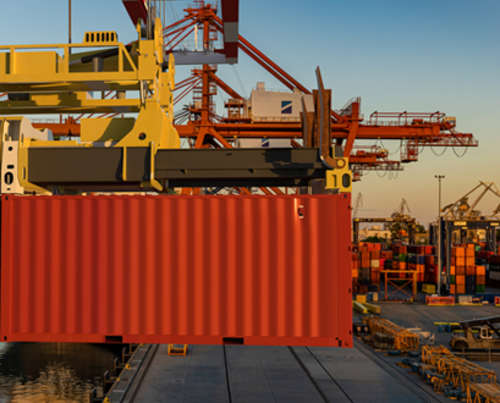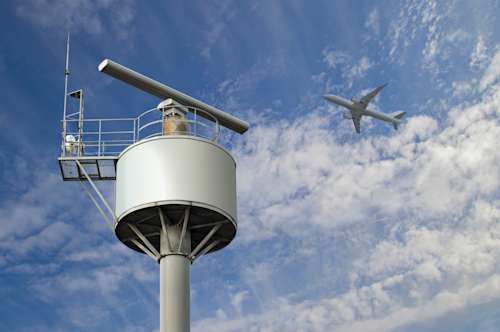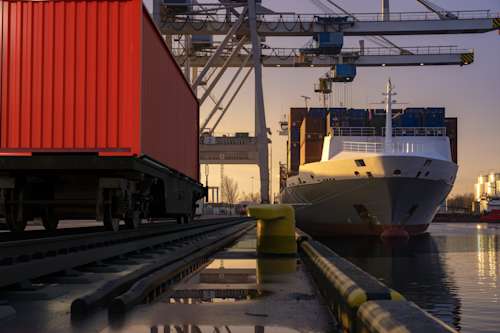The U.S. Consumer Product Safety Commission estimates that some 240,000 emergency-care injuries are caused by toys. A significant number of them involve damage to the head and face; and injuries caused by toy guns and related projectile toys are on the rise.
Projectile toys include toy guns, slingshots, bow and arrow sets, and dart guns; however, this label can apply to any toy or toy component meant to be launched into the air, either through stored energy (using mechanized discharge, like a trigger) or un-stored energy (using manual discharge, like a bow and arrow).
Within the highly regulated toy industry, projectile toys require special consideration for their hazardous potential. In addition to broader toy safety considerations like chemical makeup, durability and flammability resistance, projectile toys pose distinct safety concerns, such as:
The physical features of the projectile pieces
Projectile strength when fired
Sound volume when fired
Virtually all national markets require standardized testing to measure projectile products against these particular safety concerns.
Measuring the Physical Properties of Projectile Pieces
National Standards, like the United States’ ASTM F963, the European Union’s EN 71 and Japan’s ST-2016, harmonize with the International Standard ISO 8124 over specifications addressing projectile pieces like foam darts and suction cups. Because of the constant push/pull force being applied to the ends of these projectile, the threat of a poorly made end-piece suddenly coming loose and creating a choking hazard is too serious to ignore.
Foreseeable-use durability testing on projectile ends employs various torque, tension, drop and impact tests to simulate their intended use.
As a further safeguard against choking, ASTM F963 and EN 71 have also set a minimum-permissible length for projectiles with sunction cup at 57mm.
Need more information?
By contacting QIMA you agree to our privacy policy and terms and conditions.
Measuring Projectile Strength
The strength of a projectile, Known as Kinetic Energy Density (KED), is regulated to prevent eye injuries and additional choking hazards. All national and international standards place limits on a projectile’s toy KED, which is measured in joules.
EN 71 specifies that all projectiles with a kinetic energy greater than 0.08 J must have a kinetic energy per unit area of no more than 2500 J/m². All improvised projectiles (e.g., those with tips) are considered safe if they are fired with an energy of 0.08 J or less.
A Testing Service to Ensure Safer Projectile Play
QIMA's comprehensive Toy Testing Service a stays current on all specification requirements for projectile toys which, when poorly fabricated outside the scope of safe usage, can cause serious eye, ear and choking hazards as fast as a toy shot is fired.
All toys and children’s products are tested against the most stringent national and international standards, developed through years of safety studies and real-life incident data.
Our industry expertise, paired with a desire to focus on further developments in testing validity, will help your toy company maintain the highest safety standards across every market.
Easily Schedule Your Toy Tests Online
Our online platform and mobile application make it easy for you to schedule Toys and Recreational Item testing, and receive your results at any time. Book new tests, view pending orders, and access results from your mobile device. Our online platform provides valuable supply chain insights, including a summary of your QC activity, all of your supplier’s quality stats, industry benchmarking data, and more.
Get Started: Login or Create Your Account
The QIMA Benefits
Global coverage in over 100 countries in Asia, Africa, Europe, North and South America.
Flexibility with fully customizable programs and reports to save time and cost.
Risk-based approach with analytical data to help you proactively identify and prevent quality and safety issues in your supply chain.
Fully certified and accredited to all major inspection, audit and testing schemes.
Custom dashboard to identify trends and make informed decisions in real-time.
Personalized service with dedicated account manager and 24 hour customer support.




